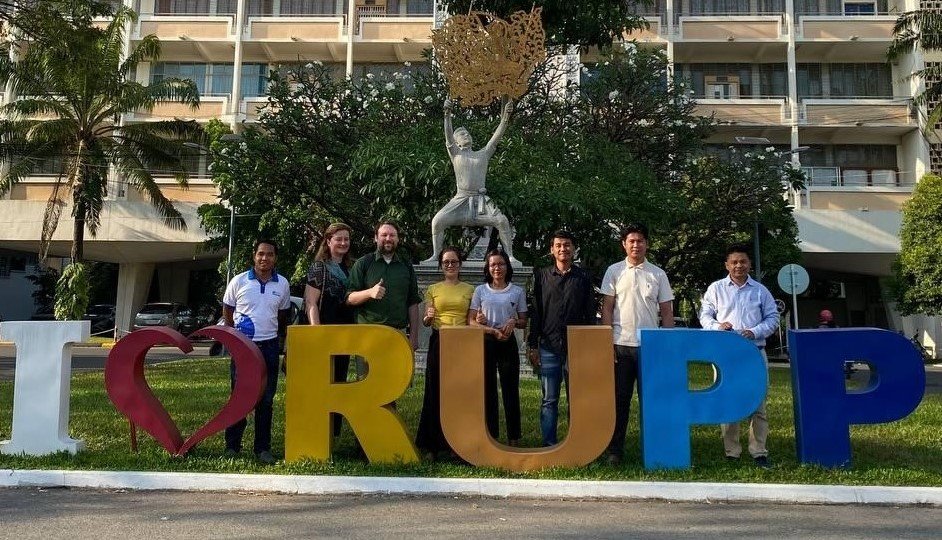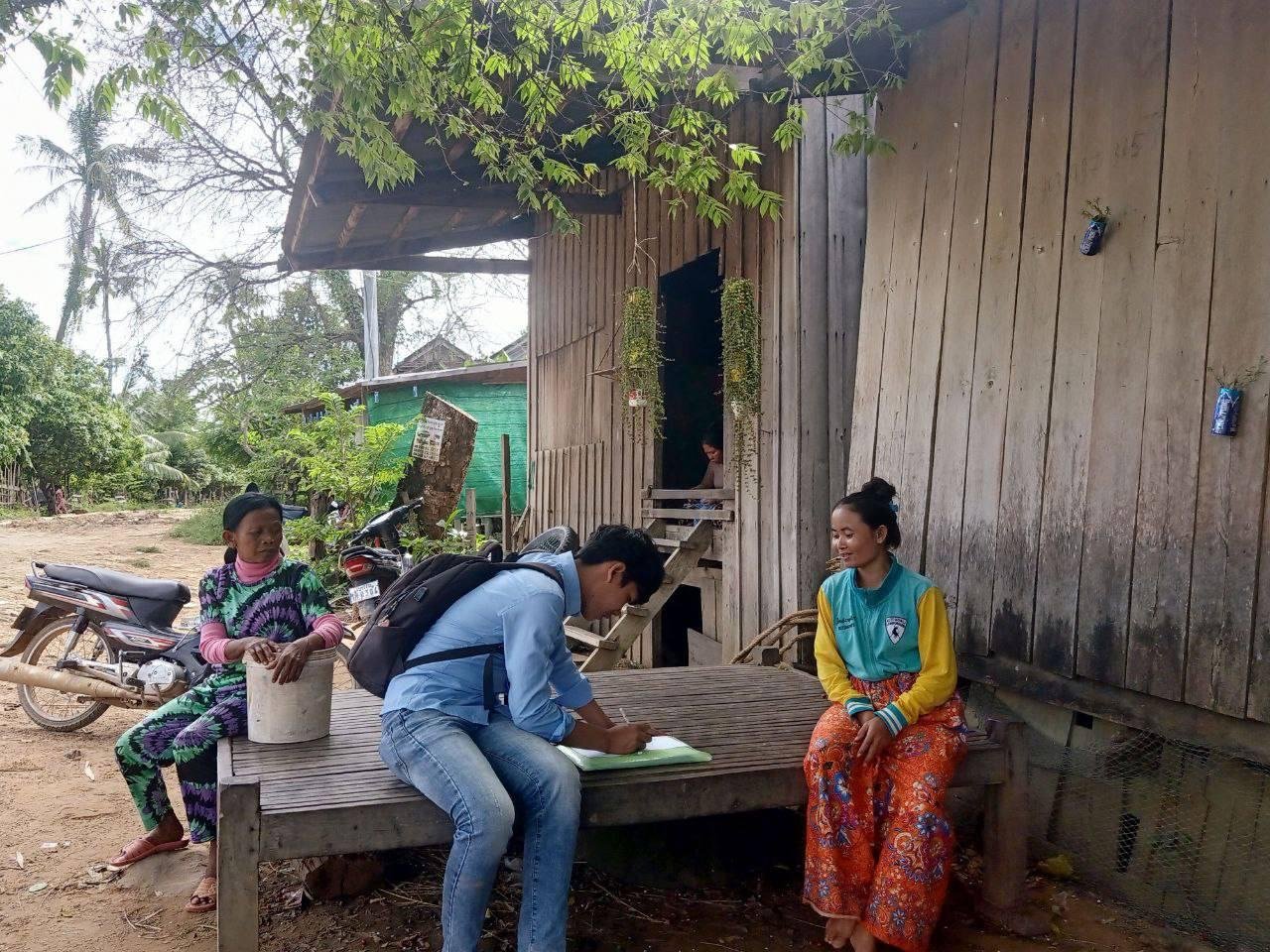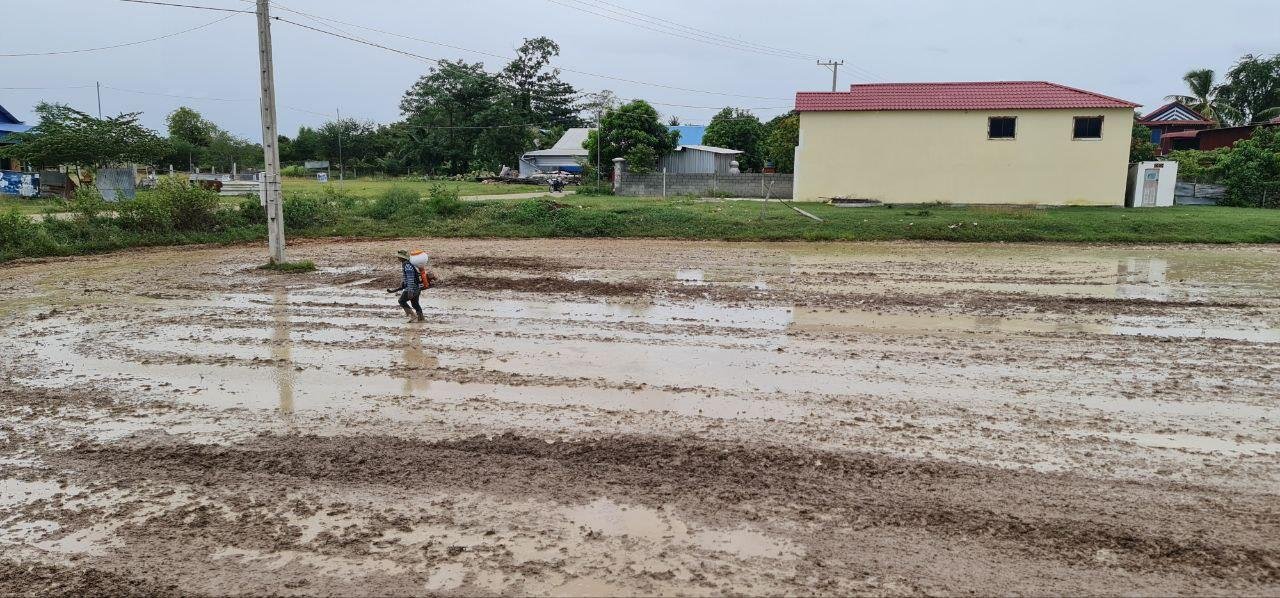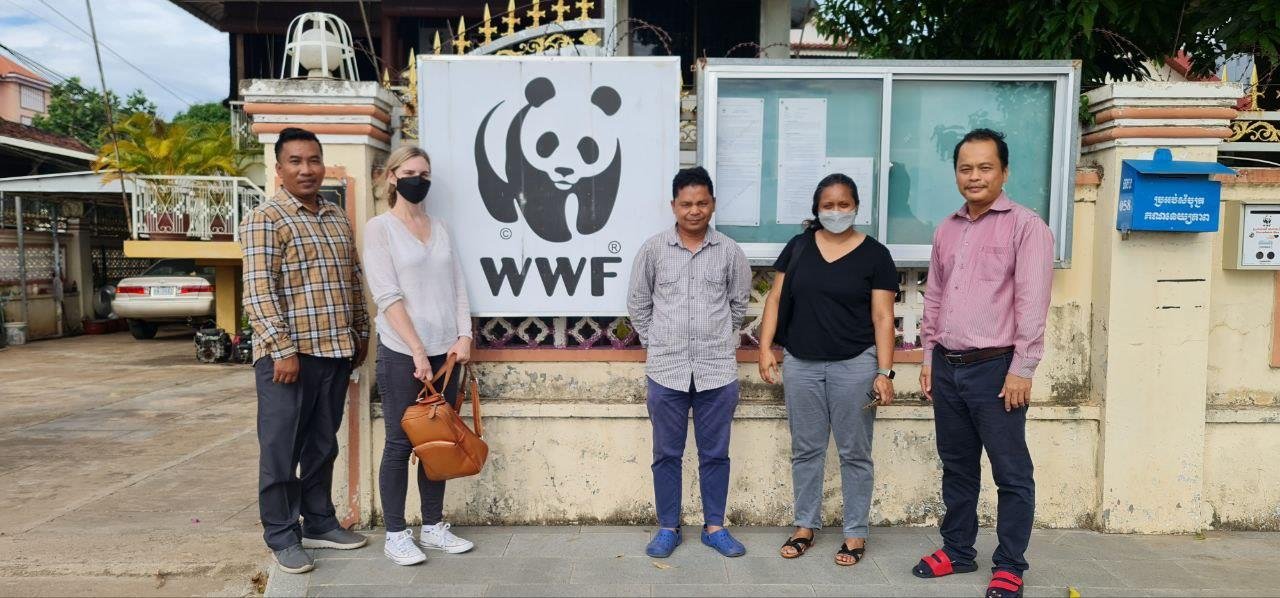Cambodia (2021 Deadline)
Using 4-s technique to analyze rural income in developing countries
PI: Sok Serey (sok.serey@rupp.edu.kh), Royal University of Phnom Penh
Co-PI: Kim Vandy, Forest and Livelihood Organization (FLO)
Project Dates: May 2022 – August 2023
Project Overview
This PEER project sought to produce a toolkit for analyzing rural income in developing countries through the 4S problem-solving technique. Organizations and government officers in Cambodia previously did not have clear guidelines or principles for such analysis. The toolkit is designed to make the analysis more systematic and scientific.
Beyond the research objective, the project was designed to promote community engagement in academic research. Key stakeholders include commune councils, community-based organizations (CBOs), and nongovernmental organizations (NGOs). The team sought to design a toolkit through engagement that would be useful for these stakeholders for future data collection and analysis of rural incomes.
Final Summary of Project Activities
The PI and his team organized a workshop to collect inputs among staff and the community-based organizations to prepare the first draft of their toolkit. The researchers also interviewed 800 households across four provinces, working with FLO, a community-based organization in Kratie, and with undergraduate researchers from the Royal University of Phnom Penh (RUPP) in the three other provinces (Pursat, Takeo, and Preah Vihear). The undergraduate students, who got involved in their project because of their interest in community development and engagement, were trained in data collection techniques. The PEER team analyzed data from these households to inform the toolkit and a serve as the basis for a future academic article.
Team members also worked with commune and district officers, community-based organization members, and NGO staffers, including during a field visit where they shared concepts and project findings with more than 40 district and commune officers. The researchers conducted a third workshop at RUPP to train on analyzing rural income based on the Toolkit.
The toolkit has been disseminated across Cambodian government agencies (Ministry of Planning; Ministry of Agriculture, Forestry and Fisheries; Ministry of Environment; Ministry of Education, Youth, and Sports, Ministry of Culture and Fine Arts; and Ministry of Planning), local and international NGOs, and academic institutions and is being used as one of the key training tools to analyze rural income, income inequality, and the poverty line in Cambodia. The team is preparing a paper on their results for an international journal and a policy paper for a local journal.
The PEER team has received $200,000 through several additional grants, including from the Johns Hopkins University and Rutgers School of Public Health, to support ongoing work. The PI Dr. Serey also became a full professor during this project period.

| | USAID and NAS visit with Sok Serey's PEER team at RUPP, February 2023. |
Back to PEER Cambodia Grant Recipients
| 






